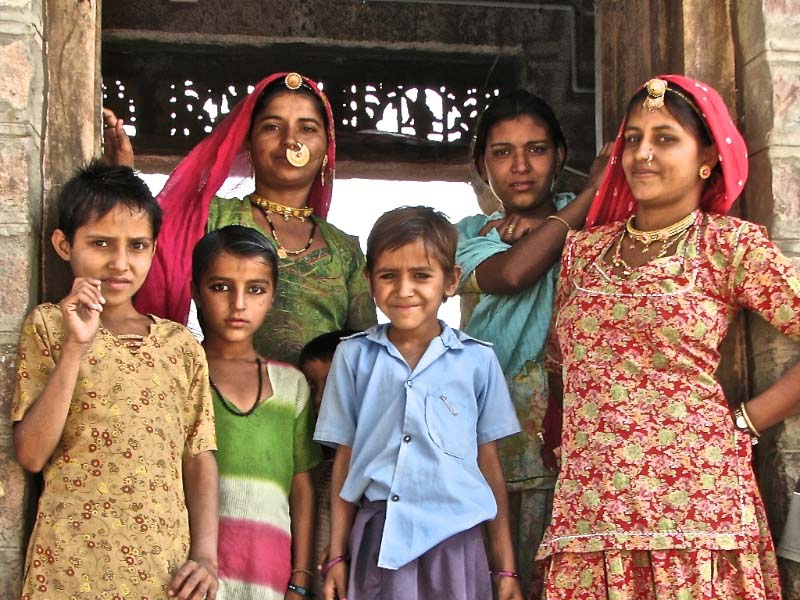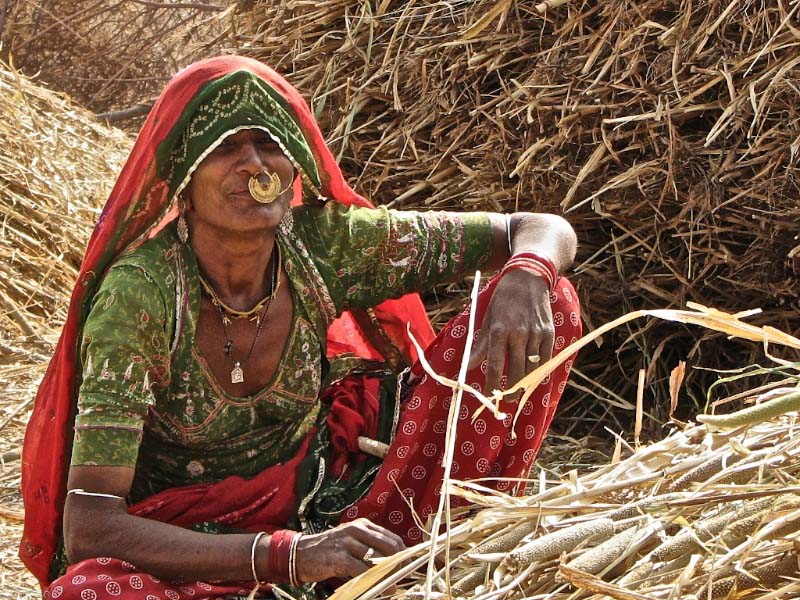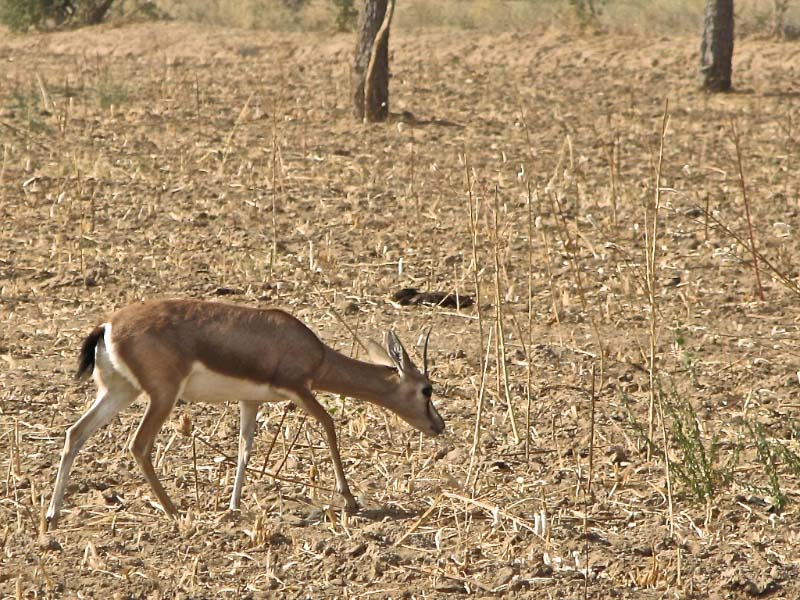In the beginning
This is an old post from the days when we made beds in India! Or, to be more helpful, in Rajasthan, near the desert town of Jodhpur. Though it wasn't always so. We created our first designs about 20 years ago and corresponded by fax with a contact we'd been given in Delhi. We arrived and were shown the prototype – which bore no relation whatever to our design! Absolutely none whatsoever.
Anyway I thought I'd leave this post because it's a reminder of that time and gives an insight into our background.


We'd made things in India before, in fact for over 25 years, so we weren't quite as dismayed as you might expect. In fact our contact had simply gone to the local market and bought, or borrowed, a bed. I think until we appeared in person he wasn't sure that we were serious. We sat down with him for the afternoon, ran through the drawings and left Delhi for two weeks trekking in the Himalayas. When we got back to Delhi he'd made the bed just as we'd designed it. A perfect Indian bed!
A year later we designed the Kandahar bed and for two or three years we had a shipment every year. Then, as often happens in India, the supply faltered and we accepted that we had to look for another manufacturer.

Which took us to the traditional furniture making town of Jodhpur and a Bishnoi family of experienced furniture makers who were our suppliers for several years.
The Bishnoi are an interesting tribe with their own religion and customs. They're famous for their views on ecology and wildlife conservation – in the 16th century they surrounded sacred trees in their forest to prevent a Maharaja felling them to build a new palace. About 300 Bishnoi were killed before the Maharaja, intrigued by their beliefs, stopped the felling.
There are about 6 million Bishnoi across India including a large community who live near Jodhpur, in Rajasthan. The family we work with set aside part of their profits to support education and health projects for local children. They've planted trees on the roadside and canal embankments that provide life saving shade in the heat of the Rajasthan summer. Wild trees in the forest are still protected but the Bishnoi also grow separate plantation timber for buildings and furniture. They've planted thorn bushes which have reduced the encroachment of the Thar desert in Rajasthan and they stop hunters from killing animals on their lands - you often see deer and rabbits wandering fearlessly around their villages.
Life in the village is quite reserved but friendly, they've cooked lunch and showed me round their houses and offered me their opium tea, Indian whiskey!
Many of the men carry a small pouch of brown sticky opium; a small piece is squeezed off and put in cotton strainer in a glass with boiling water - opium tea! It certainly enlivens the conversation but there are old men in the village who over use it and have become lethargic addicts. The photos show life in the Bishnoi villages at harvest time, some of the family who cooked for me, a girl wearing my hat and an antelope grazing in the village.
Over the years we've worked with this family to introduce several new designs to our Indian Bed Collection, incorporating traditional wooden carving techniques while retaining a contemporary style.


